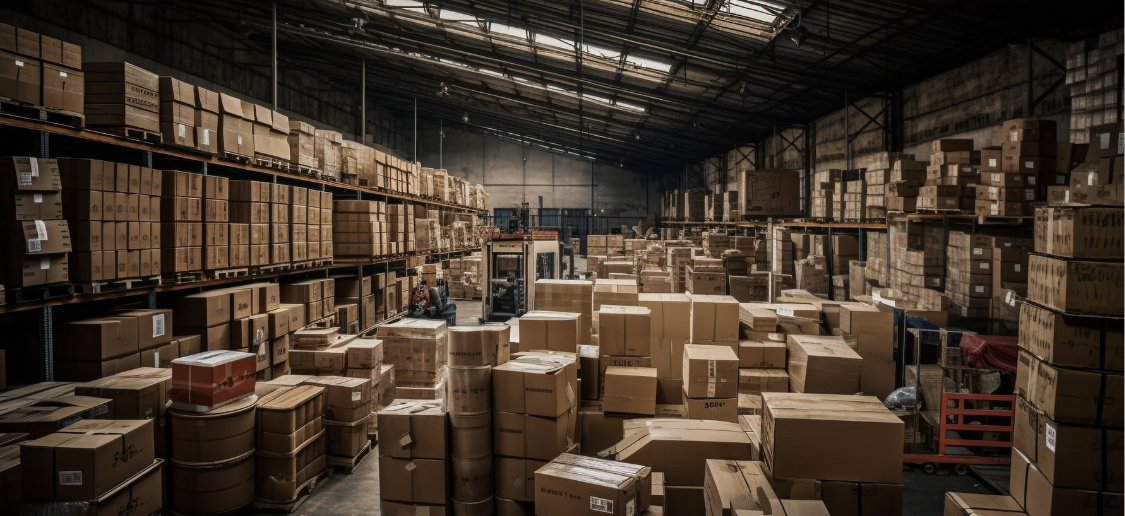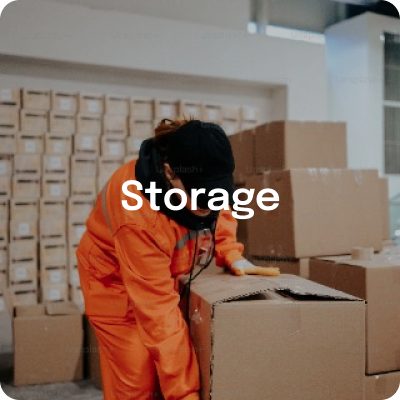
From raw materials to finished products, every business needs space to store its goods safely. But maintaining in-house storage is expensive. This is where B2B storage solutions come in.
In 2025, B2B storage solutions are not just about keeping items safe. They are smart, flexible, and cost-effective. Companies of all sizes—from startups to big enterprises—are now turning to professional storage providers to save costs, reduce risks, and improve operations.
Why Businesses Need Storage Solutions
Every business, whether in manufacturing, retail, e-commerce, or distribution, deals with inventory. Storage is essential because:
Raw materials need to be stored before use.
Finished goods need a safe place before being shipped.
Seasonal or extra stock cannot always fit into the company’s premises.
Businesses expanding to new regions need storage hubs close to customers.
When companies try to handle all of this themselves, they often face problems such as high rent, labor costs, and maintenance expenses. That’s why outsourcing storage to professional providers has become a game-changer.
How B2B Storage Solutions Save Costs in 2025
- No Heavy Investment in Warehouses
Owning or renting a warehouse is expensive. Businesses need to pay for long-term leases, maintenance, security, and utilities. With B2B storage, companies can rent only the space they need. This “pay-as-you-use” model helps save huge, fixed costs.
- Better Use of Resources
Instead of spending money and time managing storage, businesses can focus on their main work—production, sales, and customer service. Storage providers handle packaging, safety, and inventory tracking, reducing stress for companies.
- Reduced Manpower Costs
Maintaining a warehouse requires staff for handling, checking, and tracking goods. By outsourcing to storage partners, companies save on salaries, training, and supervision costs.
- Lower Risk of Loss and Damage
Professional storage providers use modern methods like CCTV monitoring, climate control, pest control, and insurance. This reduces the risk of damage, theft, or loss, which often leads to big financial savings.
- Scalable and Flexible Plans
Businesses face ups and downs in demand. For example, during festive seasons, a retail company may need extra space, but later it may not. With flexible B2B storage, companies can easily scale up or down, instead of paying for unused space all year round.
- Faster Delivery and Logistics Savings
Many storage providers are strategically located near highways, airports, or city centers. This helps businesses deliver faster and save on transport costs. In 2025, quick and affordable delivery is a big competitive advantage.
Read More: Difference Between Short Term and Long Term Storage
The Role of Technology in 2025
Technology is making storage smarter and more efficient. Businesses no longer just “store and forget.” They now enjoy:
- Real-time inventory tracking through apps and dashboards.
- AI-based demand forecasting to manage stock levels.
- Automated inventory checks to reduce errors.
- Digital payment and billing systems for easier transactions.
These tech-driven features not only save time but also reduce wastage and extra costs.
Industries That Benefit Most
- E-commerce – Online sellers often face high storage needs for fast-moving products.
- Retail – Seasonal goods and excess stock are easily managed.
- Manufacturing – Raw materials and spare parts can be stored safely.
- Startups – They save on big investments and grow without storage worries.
- Pharma & Healthcare – Sensitive products can be kept in climate-controlled storage.
Example: How a Small Business Saved Costs
Imagine a small furniture company in Delhi. Earlier, they rented a warehouse with a 3-year contract. But most of the year, half the space was unused. They also had to pay staff for handling goods.
In 2025, they switched to a B2B storage provider. Now they only pay for the space they use. During festive sales, they expand storage, and later, they scale down. The company saved 30% on storage and manpower costs, which they reinvested in marketing and production.
Read More: Efficient Storage Solutions for Business
Final Thoughts
In 2025, companies are under pressure to deliver more value at lower costs. B2B storage solutions are proving to be a smart and affordable way to manage inventory. With flexibility, safety, and technology, businesses can save money, reduce risks, and focus on growth.
For companies, it’s no longer just about storing goods—it’s about storing smartly.
FAQs
- What is B2B storage?
Ans: B2B storage means professional storage services offered to businesses for their goods, materials, or inventory. - How is it different from traditional warehouses?
Ans: Traditional warehouses require long contracts and fixed rent. B2B storage offers flexible, short-term, and pay-as-you-use options. - Is it safe to use outsourced storage?
Ans: Yes. Most storage providers in 2025 use CCTV, access control, fire safety, and insurance for full security. - Can small businesses use B2B storage?
Ans: Absolutely. It is especially useful for startups and SMEs that want to save costs. - How much money can a company save?
Ans: Savings depend on the business type, but companies usually save 20–40% on storage-related expenses. - Are storage solutions available in smaller cities?
Ans: Yes. With growing demand, many providers are expanding to Tier 2 and Tier 3 cities as well.







